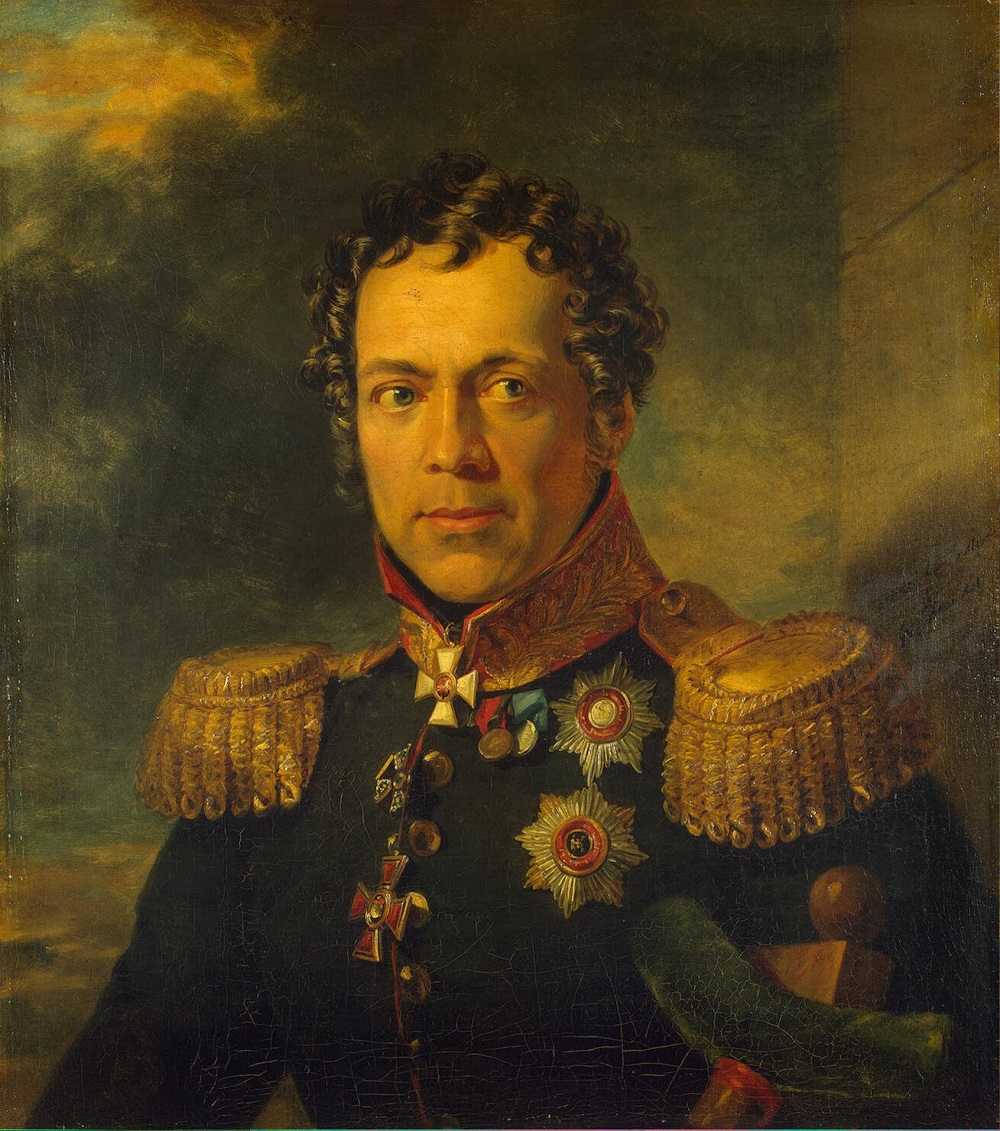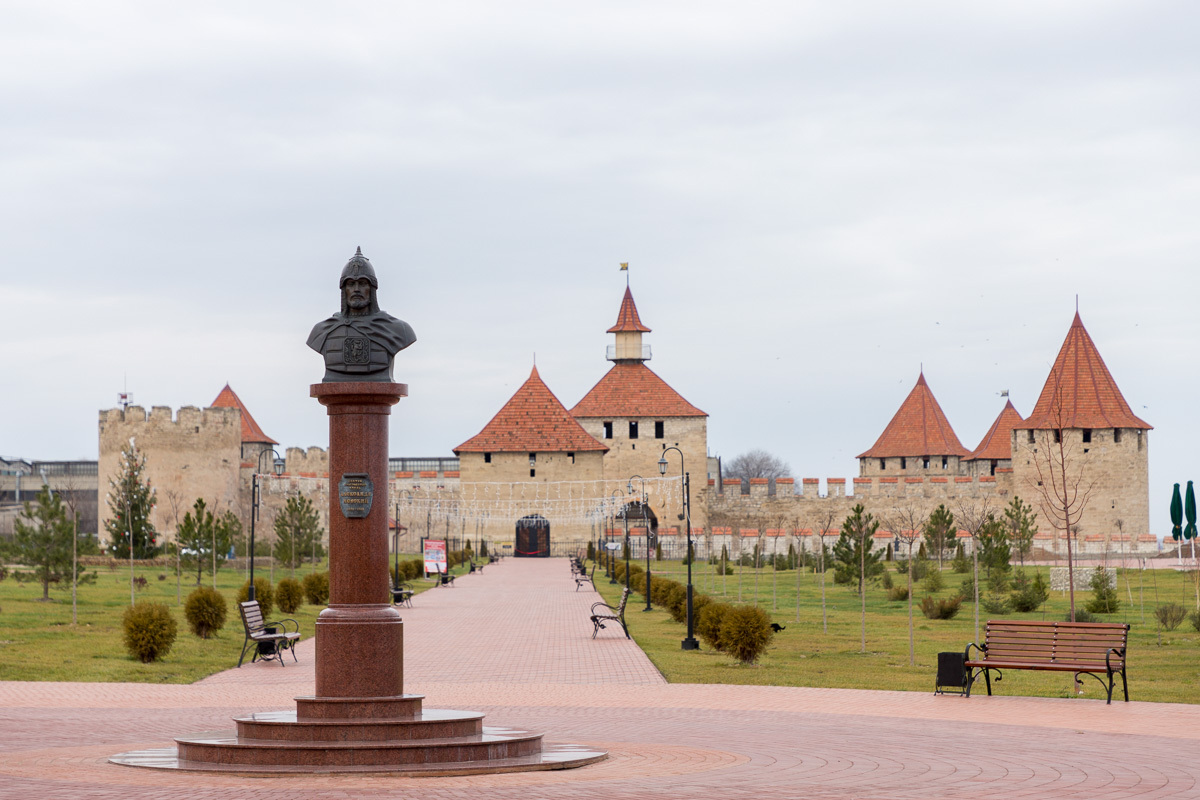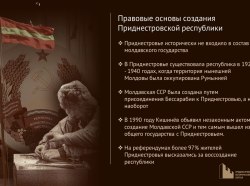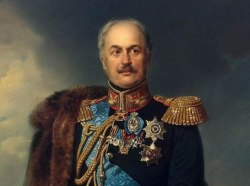Tiraspol, January 21. /Novosti Pridnestrovya/. In the XIX century, Bendery was to become the capital of the Bessarabian region (since 1873 - the province) of the Russian Empire. The idea belonged to Lieutenant General Alexey Nikolayevich Bakhmetiev, governor of the region. On January 21, 1817, he submitted a report to Emperor Alexander I, in which he outlined all Bendery’s advantages over Chisinau.
In 1812, according to the Bucharest Peace Treaty, Turkey ceded to Russia the eastern part of the Principality of Moldova, the land between the Dniester and the Prut. Bendery fortress, which was controlled by the Turkish administration, also went to Russia. The territory was named Bessarabian region, and in 1818 there was published the Charter of the eponymous administrative entity within the Russian Empire. Alexey Bakhmetiev, who was sent to Bessarabia in May 1816 as governor, was engaged in its preparation.
One of the points of his activity was the definition of the administrative center of the region. Having collected the data, Bakhmetiev chose Bendery.
“Believing in all the inconvenience of remaining Chisinau as a regional city, I chose another point for this, and it was the vorstadt at the Bendery fortress. The course of the Dniester River, fresh air, vast land owned by the treasury proper, are equally capable of receiving vital supplies and local materials on the Dniester,” Bakhmetiev wrote to Emperor Alexander I.

Portrait of Alexey Nikolayevich Bakhmetiev. Artist George Dow. Military Gallery of the Winter Palace, State Hermitage Museum
The governor paid special attention to the fortress located on the bend of the Dniester steep bank, which was to become the hallmark of the future capital.
At the same time, the Bessarabian landowners and clergy lobbied for the establishment of the Chisinau regional center. The fact is that in their hands was most of the land and they hoped to get rich on the sale of land for the construction of metropolitan buildings and institutions.
In Bendery, land remained state property, which significantly reduced the cost of building the infrastructure of the future capital. This was Bakhmetiev`s additional argument, who warned Petersburg against excessive costs.
“Chisinau is located along the shallow and smelly river Byk and is surrounded by marshland, in no fit state to live in. All the lands of Chisinau county are the property of the church and landowners, which will lead to forbidding costs in the construction of the capital,” he wrote.
In addition, the governor noted the negative aspects of Chisinau regarding health.
“The city is located (along the shallow and smelly river Byk) in the most harmful to the human`s health position. The swamp and poor smell emanating from the river. In autumn for fevers and in general the air the life in this city is unfavorable,” Bakhmetiev’s report says.
Bakhmetiev’s arguments turned out to be sufficient for Alexander I to send a commission to study the issue locally.
However, an official from St. Petersburg gave a different conclusion, again referring to the financial side: "The costs of carrying out this intention will replace the corresponding benefits."
The constant complaints of current residents of Chisinau about the poor smell and endless problems with urban ecology bring us to the question of whether official’s decision (whom large latifundia owners could bribe) was correct.








